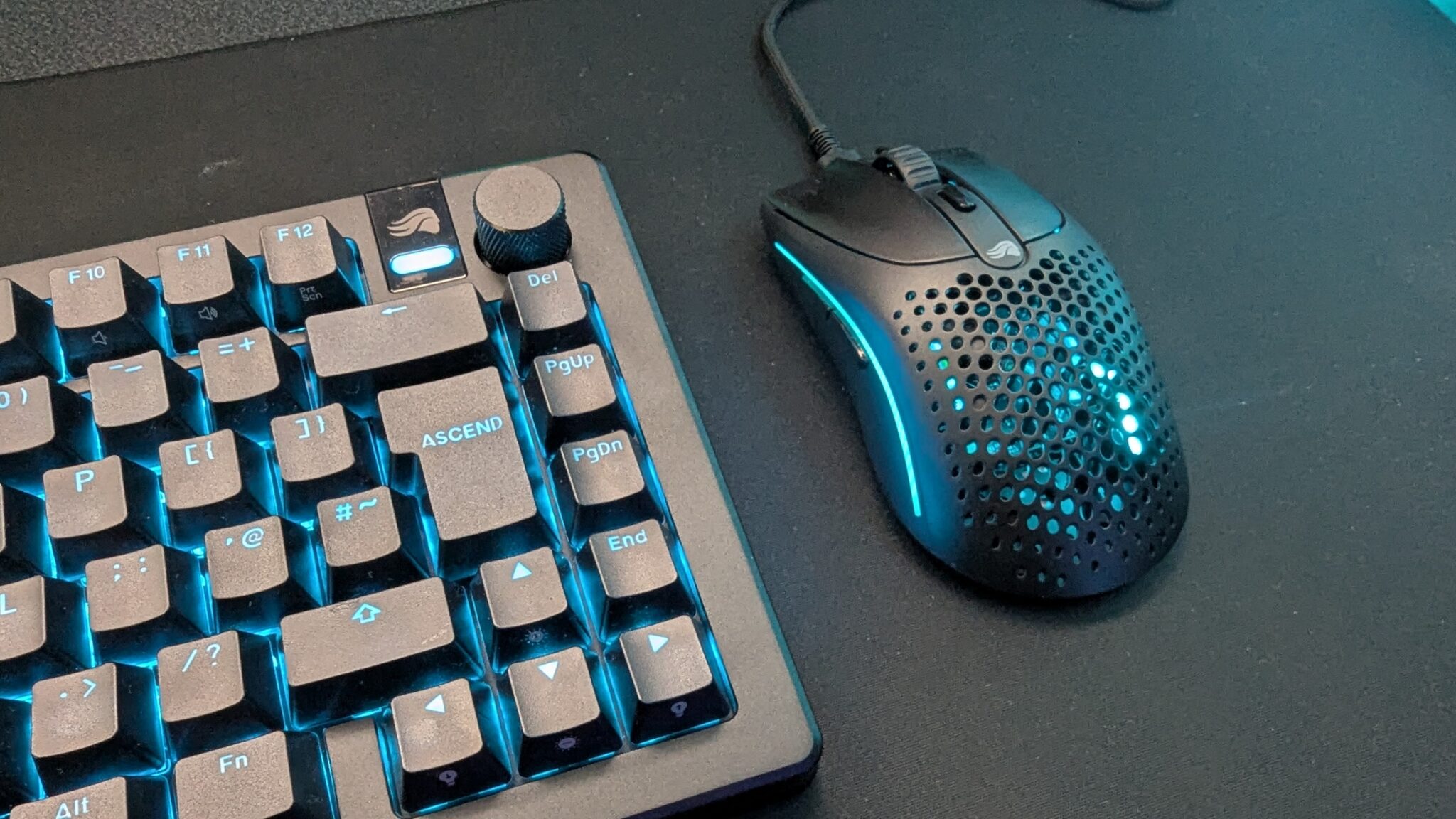In 2025, Nigerian educators stand at a pivotal juncture. The confluence of rapid technological advancement and societal transformation presents a singular opportunity for teachers to redefine the future of education. The choice is clear: embrace innovation and evolve, or risk irrelevance in a world that demands constant adaptation. As the nation seeks to reclaim its educational standing, teachers must understand the seismic shifts ahead and take charge of their own evolution. The future is not only about adapting but about leading the charge in education reform.
Artificial Intelligence: The unavoidable ally
Artificial intelligence (AI) is no longer an abstract concept; it is the present. Its implications for education, particularly in Nigeria, are profound. Teachers must now view AI not as a threat but as a transformative tool that will reshape classrooms. The ability to create personalised learning experiences, automate routine administrative tasks, and identify student performance trends in real time will empower educators to focus on their most essential role: mentorship.
The tools are already here. Platforms like ChatGPT, Grammarly, and adaptive learning systems offer the potential to revolutionise the way lessons are delivered. AI’s power lies in its ability to provide bespoke learning pathways for students, catering to diverse needs and learning styles. For teachers, AI means less time spent on grading and more time spent on meaningful interaction with students. The need to adopt these technologies is urgent; the failure to do so risks leaving educators stranded in a rapidly evolving world.
Data-driven education: The new power
“Data is power” is an adage that rings truer than ever in education. Schools that harness the full potential of data-driven decision-making will be best positioned to thrive in 2025 and beyond. Teachers who understand how to collect, interpret, and act on student data will become the architects of a more effective and efficient educational landscape. From identifying at-risk students to adjusting teaching methods in real time, data provides insights that allow for proactive, rather than reactive, intervention.
This shift demands a change in mindset. Data must be seen not as a burdensome task but as an invaluable asset. In this new paradigm, educators are no longer just purveyors of knowledge—they are data analysts, constantly refining their approach to maximise student success. For Nigerian teachers, integrating data analytics into their practices is no longer optional; it is a competitive necessity.
Read also: Trends that will shape international education for Nigerian students in 2025 – Report
Collaboration: The key to innovation
Gone are the days of isolated teaching. In the interconnected world of 2025, collaboration will be the cornerstone of educational success. Whether it’s teachers working together to share best practices or partnering with EdTech companies to integrate innovative tools, the power of collective action cannot be overstated. Collaboration extends beyond the classroom to include partnerships with industries, local businesses, and nonprofits that provide real-world learning opportunities.
In this new environment, educators must be comfortable with sharing resources and ideas. The synergy created through these partnerships will drive innovation, enriching the learning experience for students and supporting teachers’ professional development. By pooling knowledge and resources, teachers can create a dynamic and progressive educational ecosystem that benefits all stakeholders.
Skills over certificates: Rethinking education’s purpose
As the job market evolves, so too must the purpose of education. In a world where employers increasingly seek practical skills over academic credentials, Nigerian educators must rethink what and how they teach. The future of education is not about preparing students to memorise facts but to think critically, collaborate, and solve problems.
Educators must shift from a content-driven curriculum to one that emphasises the development of transferable skills. This includes fostering creativity, adaptability, and digital literacy—skills that are paramount in a rapidly changing global economy. Teachers will become guides, mentors who help students bridge the gap between theoretical knowledge and real-world application. The focus should be on preparing students for life, not just exams.
Hybrid learning: The future is flexible
The COVID-19 pandemic served as a catalyst for virtual learning, and its influence on the education system will continue well into the future. The hybrid learning model, combining traditional classroom instruction with online platforms, will become the norm. This approach offers unprecedented flexibility, inclusivity, and the ability to cater to individual learning preferences.
For teachers, mastering this dual environment will be crucial. The ability to seamlessly integrate digital tools while maintaining the personal connection that defines traditional teaching will set successful educators apart. Hybrid learning is not merely a passing trend; it is the future of education.
Teachers as entrepreneurs: Harnessing new opportunities
The economic pressures of recent years have sparked a wave of entrepreneurial spirit among Nigerian teachers. Many are leveraging new opportunities—whether through private tutoring, EdTech ventures, or content creation—to enhance their financial stability while advancing their professional development. This shift is indicative of a broader transformation in the teaching profession.
Teachers are no longer just educators; they are innovators, developing diverse streams of income that contribute to the growth of the educational sector. While this entrepreneurial turn brings its own challenges, it also presents teachers with opportunities for financial autonomy and professional enrichment. The future of education is inextricably linked to the ability of teachers to adapt, diversify, and lead in the face of change.
Conclusion: Leading the change
The challenges ahead are significant, but so are the opportunities. Nigerian educators must not merely react to change; they must drive it. By embracing AI, utilising data, fostering collaboration, prioritising skills, and adapting to hybrid learning, teachers can help shape an educational system that prepares students for a future that is already here. As the world of education transforms, Nigerian teachers must rise to the occasion—not only as participants but as leaders in this revolution. The future of education is in their hands.
2025 is not just a year on the horizon; it is already upon us. The question is: Will Nigerian teachers seize the moment?







Leave a Comment